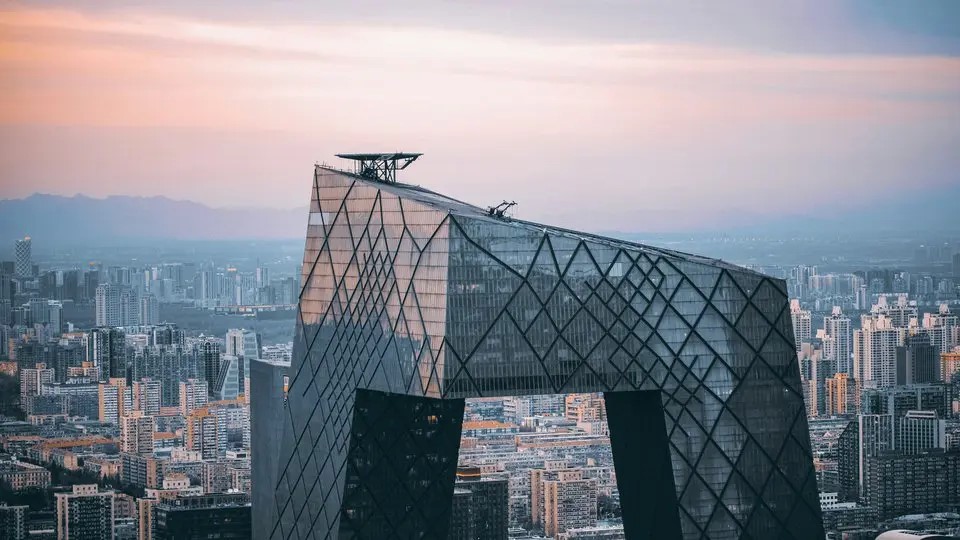Theodore DL Durham, managing director of The Ortelius Group, discusses luxury hospitality brand essential elements, in the third of a three-part series
Luxury Hospitality Brand Essentials: Culture & Passion

Over the last decade, collaborations between luxury brands and contemporary artists have gone beyond mere artistic partnerships towards a new kind of luxury branding.
PARIS – Art and fashion have always developed side by side, for fashion, like art, often gives visual expression to the cultural zeitgeist. During the 1920s, Salvador Dalí created dresses for Coco Chanel and Elsa Schiapparelli. In the 1930s, Ferragamo’s shoes commissioned designs for advertisements from Futurist painter Lucio Venna, while Gianni Versace commissioned works from artists such as Alighiero Boetti and Roy Lichtenstein for the launch of his collections. Yves Saint Laurent’s vast art collection, recently auctioned at Christie’s in Paris, testified to his great love of art and revealed the influence of a variety of artists on his own designs.
In the 1980s, relationships between luxury brands and artists were advanced when Alain Dominique Perrin created the Fondation Cartier. In the Fondation Cartier pour l’Art Contemporain, a book marking the foundation’s 20th anniversary, Perrin says he makes “a connection between all the different sorts of arts, and luxury goods are a kind of art. Luxury goods are handicrafts of art, applied art.”
The Fondation Cartier pour l’Art Contemparain building in Paris
Theodore DL Durham, managing director of The Ortelius Group, discusses luxury hospitality brand essential elements, in the third of a three-part series
Mandarin Oriental Hotel, Barcelona
Culture
The essential element of culture is comprised of the people, attitudes, behaviours, and beliefs that characterise the functioning of the brand as an organisation. Successful luxury hospitality brands develop and evolve highly distinctive brand cultures that maintain heritage and respect traditions while involving their people in embracing changing social, economic and market conditions through appropriate adaptation and innovation. The essential element of culture must be created and exemplified by the brand founders and leaders and cascade through every level of the luxury hospitality organisation.
Mandarin Oriental Hotel Group owns and manages several of world’s finest iconic hotels in impressive locations. Perhaps even more impressive, the group has long been admired and respected for its incomparable brand culture that places people above all else. Steadily developed over nearly half a century, the Mandarin Oriental has evolved a distinctive corporate culture steeped in heritage and traditions while embracing the present and visualising the future at many levels of the organisation. This is clearly reflected in Mandarin Oriental staff through a gracious, intuitive, contemporary guest service culture.
“ corporate culture facilitates service culture and together defines the brand culture ”
Corporate culture facilitates service culture and together defines the brand culture, the very essence of the organisation, the brand and the resulting experience.
It is also uniquely reflected within the diversity of the individual hotel styles and environments. It is the focus on the essential element of culture that has enabled the Mandarin Oriental experience to evolve and transition with brilliance from traditional iconic hotels such as the Mandarin Oriental Hong Kong and Mandarin Oriental Bangkok to contemporary classic hotels such as Mandarin Oriental New York and Mandarin Oriental Tokyo and on to the avant-garde Mandarin Oriental Barcelona in an instinctive, natural and seamless manner. While these individual hotels may be traditional, contemporary or avant-garde, the Mandarin Oriental essential element of culture is retained and reflected by its people in every sense, and at every level throughout this international prestige luxury hospitality brand.

Six Senses Koh Samui, Thailand
Passion
The appropriate level of emotional intensity that is applied to all luxury hospitality endeavours. The cornerstone emotion of any luxury hospitality brand is the essential element of passion on which the products, services and experiences are developed, evolved and delivered. A passion for excellence must exist in the formative, development and ongoing stages of all successful luxury hospitality brands as this essential element drives the core competencies, professional knowledge and skill development, as well as product and service innovation to the highest levels.
Six Senses Spas – represents an inspiring example in the essential element of passion through its commitment in creating a luxury spa experience with the specific aim of being unique, distinctive and unparalleled, even within the brand. No two spa location designs, services or experiences are alike, for each Six Senses Spa is meticulously developed to reflect the culture, wellness traditions and environment of the local destination.
“ luxury hospitality passion comes from a heart-felt and complete inner desire to create, innovate and excel ”
Passion may be acquired, discovered or spontaneous, but luxury hospitality passion comes from a heart-felt and complete inner desire to create, innovate and excel.
A predictable attribute across the brand is a rejuvenating sense of wellness discovery and simplified luxury genuinely delivered in stunning destinations ranging from the acclaimed Six Senses Soneva Fushi, Maldives, to the idyllic Six Senses Koh Samui, Thailand to the exotic Six Senses Con Dao, Vietnam. The focus on the essential element of passion to provide an unrivalled spa experience through the blending of high standards of professionalism in delivery with local destination attributes clearly positions Six Senses Spas as a highly distinctive and unique prestige luxury hospitality brand.
What is the conclusion? To be sure, there are many excellent examples of outstanding international luxury hospitality brands that maintain and enhance essential elements, and these examples represent but a few of which may considered. It is a common trait that these highly successful international luxury hospitality brands continuously innovate, evolve and involve, but do not waver from their respective essential elements. They maintain, enhance and strengthen them.
As represented by these examples, there are few shortcuts and no available hyperlinks to circumvent the natural, organic development and evolution of a true prestige luxury hospitality brand. And as demonstrated by these examples, it is the brand delivery that has made the determining contribution towards brand differentiation and sustainability.

Managing Director
Founder and Managing Director of The Ortelius Group Limited Hong Kong in 2009, a luxury hospitality consultancy firm providing acquisition, development, concept, branding and strategic services to luxury hotel, resort, serviced residence and spa owners, investors, management companies and business partners. Previous roles as Regional General Manager, General Manager, Director and Manager with InterContinental Hotels Group in Hong Kong and China, Fullerton Singapore, Conrad Hong Kong, Empire Brunei, Shangri-la Taipei and Manila, Princess Bermuda and Fairmont New Orleans respective hotels and resorts. Previous consultant roles with Landmarks Kuala Lumpur, Sun International Nassau Bahamas, Nishimura Corporation Tokyo, Japan, Joyce Boutiques Hong Kong.


